
History
A monument to recognise Liverpool’s first black citizen is to be unveiled
5 years ago
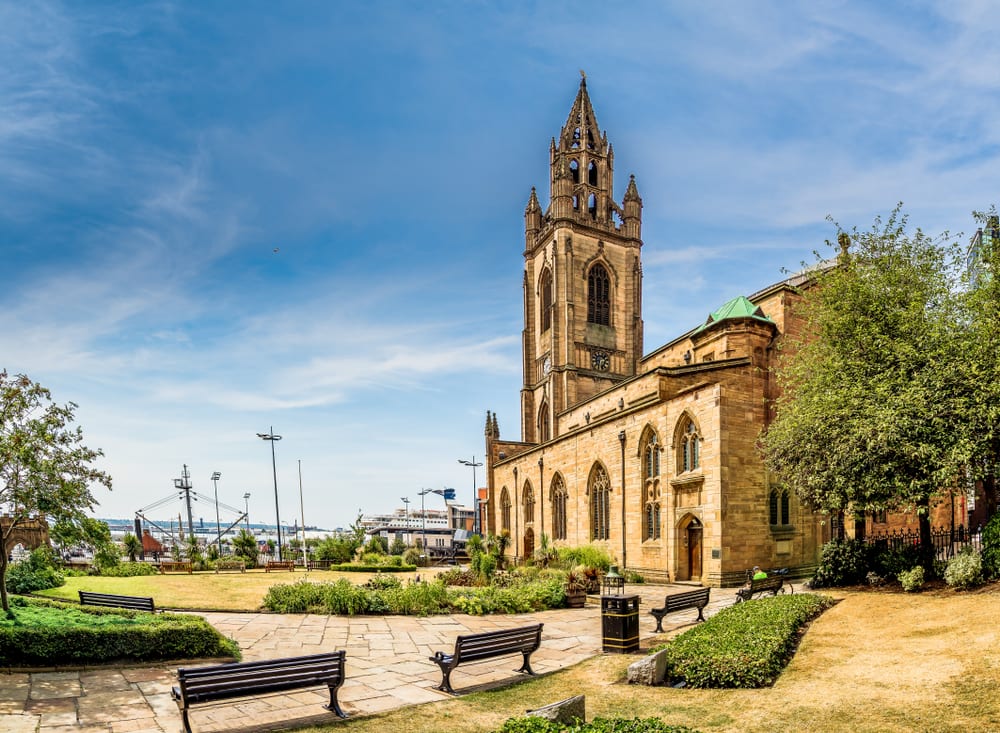
Liverpool is recognising its first black citizen by unveiling a new monument in the city this weekend.
Liverpool Parish Church will be hosting a special ceremony to commemorate the life of the first recorded black resident of Liverpool.
Research by Liverpool historian Laurence Westgaph has revealed the details of a man known only as Abell, who lived in the city more than 300 years ago.
Records show that Abell was buried in the churchyard of St Nicholas’ Church (the Parish Church), on October 1, 1717.
The stone unveiling will take place on Saturday 3 October to mark the anniversary of Abell’s funeral and to coincide with the start of Black History Month.

During the 18th century, Liverpool was part of the slave-trade triangle with West Africa and America and the West Indies. Thousands of enslaved Africans passed through the city and the trade generated great wealth locally.
As well as being a port where enslaved Africans passed through, there is written evidence of a growing resident black population at this time.
Earlier this year, Mayor of Liverpool Joe Anderson, authorised the creation of the city’s own Race Equality Taskforce. The council and its partners have also launched a project to ensure city streets named after affluent slavers were to be given special plaques to explain their links to the trade.

Cllr Anna Rothery
Saturday’s ceremony will be attended by members of the black community, including Cllr Anna Rothery, who last year became the city’s first black lord mayor.
Cllr Rothery, who will unveil the stone, said:
“It is well-documented that Liverpool has the oldest black community in Europe. Black people have played a pivotal role in the development of our city, a role which continues to this day.
“As a city we are facing up to the grim injustices of our past and by setting them in their context, we are a better place. In a year that has exposed the divides that continue to exist between communities across the globe based on race and colour, it is hoped that we can continue to learn and grow from our shared history and truly make Liverpool a city for all.”
Just a little reminder of our great city 💛 pic.twitter.com/OlTWq3IVRu
— The Guide Liverpool 🌇 (@TheGuideLpool) October 1, 2020
Rector of Liverpool, The Revd Canon Dr Crispin Pailing, said:
“We cannot hide from our past, and there is no institution from this era of our history which is free from the taint of this horrific trade. We cannot give justice to Abell and other enslaved Africans, but we can give them the dignity of naming them when we can, and we can give them status within the history of our city.”
Liverpool historian Laurence Westgaph said:
“This gesture by St Nicholas Church records in stone the presence of black people in this town for more than 300 years and at a time when Liverpool’s population was less than 10,000 people. Since then there has been a black presence in this great city, demonstrating that people of African descent have been resident and contributing to Liverpool life since the beginnings of the town’s rise from a struggling seaport to the second city of the British Empire and beyond.”


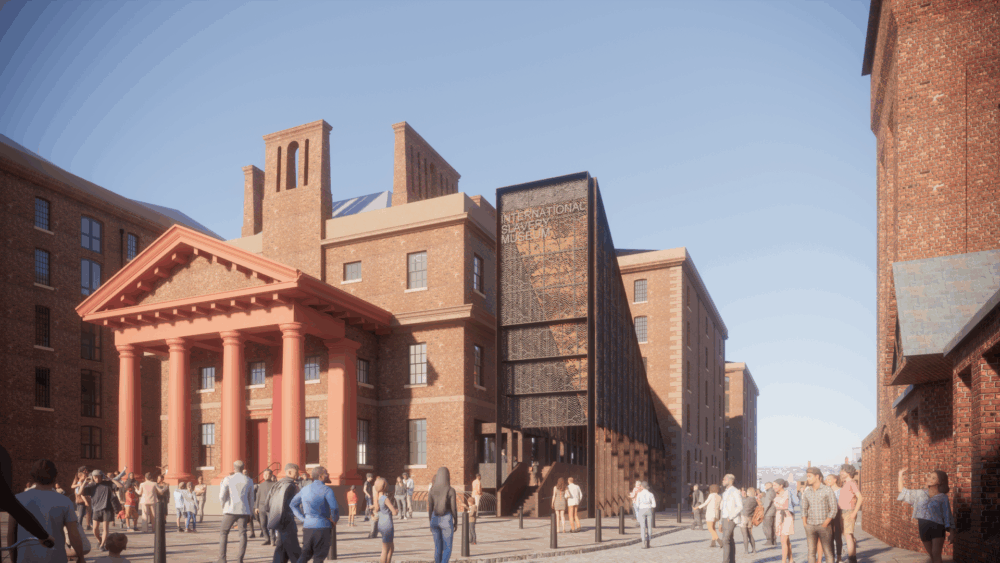

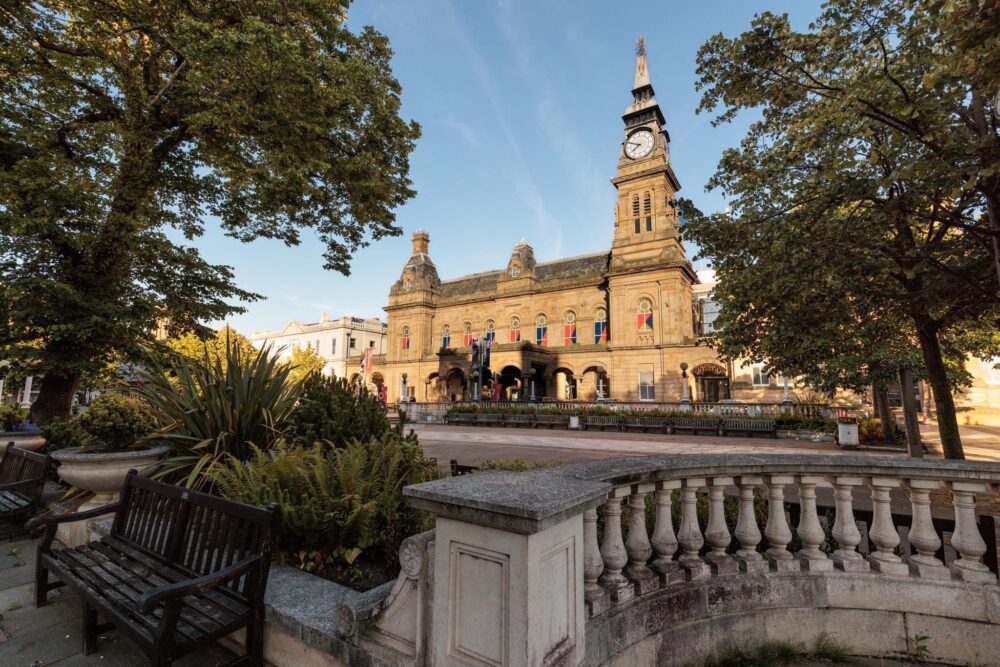
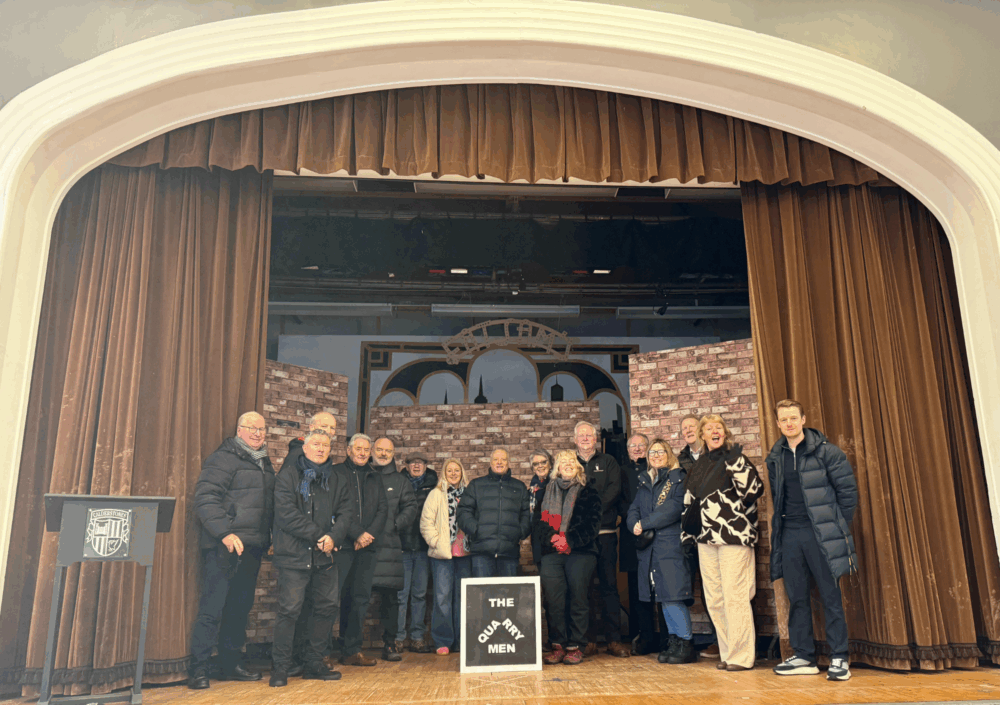
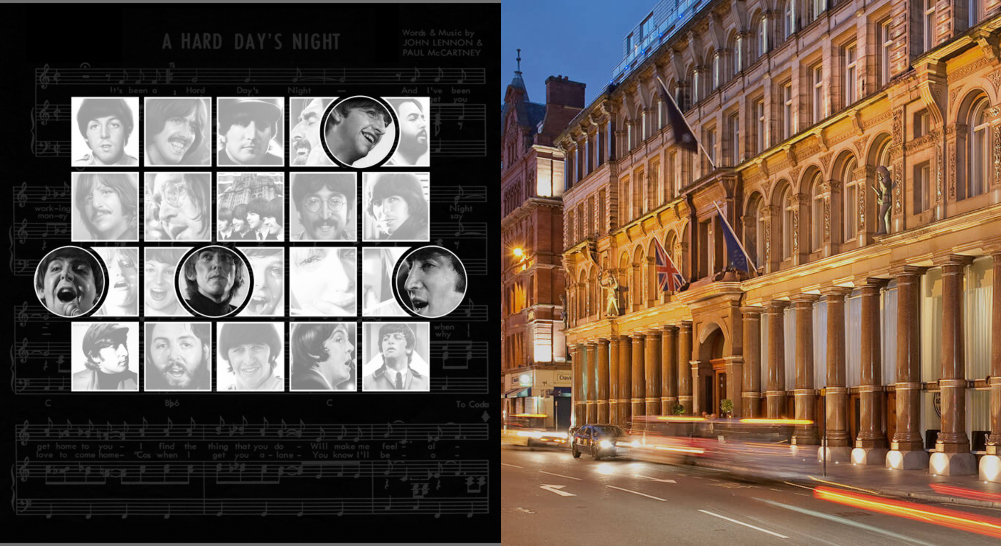
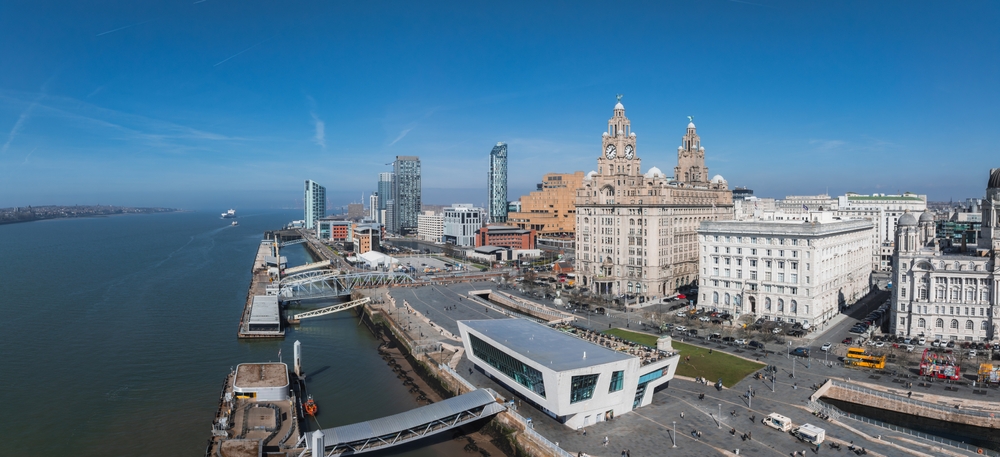

 Subscribe
Subscribe Follow Us
Follow Us Follow Us
Follow Us Follow Us
Follow Us Follow Us
Follow Us Follow Us
Follow Us











